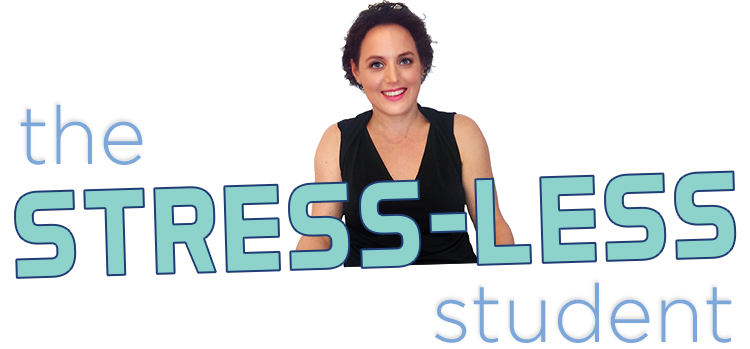Earlier this week a student in my office, diagnosed with ADHD explained to me that they just weren’t “motivated” in math because “they couldn’t see where they would need it in his life.” And yet, for his English class they were enjoying the process of writing a long paper. Another student told me that nothing would help; they just had to be motivated do his work.
So let’s unpack this for a moment. Many of us with ADHD have been told all of our lives that we just need to be motivated, that we just need to be organized, that we just need to pay attention…etc. to the point where we think that if we just do the things that we are told to do, we can do it. In addition, so many folks (especially those who aren’t ready to be “out” yet with) with ADHD think that they have to figure out how to just do all the things that people are telling them to do by themselves. Why wouldn’t they when the message being sent again and again is just that: “you just have to be… ”
There are several scientific theories behind motivation is what a quick google search revealed to me. The one that I resonated with the most is found in the article, The Mystery of ADHD Motivation, Solved .And please bear with me as I explain this as I am processing this information as I type!
The author explains that motivation is driven by dopamine, or a pleasurable experience of something. An ADHD brain is often lacking the firing of the neural transmitter that releases dopamine for a task involving executive functioning. In addition, our motivation is often driven by unconscious emotions associated with memories that will either drive or stop us from doing something.
This, in part explains why someone with ADHD may be super excited to do a certain task (there is an unconscious happy emotion associated with it), but has difficulty doing another task (an unconscious sad/angry/fearful emotion). In addition, those with ADHD have a relative weakness in working memory. Those with a stronger working memory find it easier to link together memories (both perceived positive and negative) surrounding a task and can see how the present moment links to something bigger. Those with a relative weakness, have a harder time managing the emotions and get stuck in the emotion that makes it more difficult to focus and prioritize what’s important.
Soooo, does that mean that we never have to do a task that we don’t want to do? Welll, probably not if we want to live a fulfilling life (even those with the best lives ever still have to do tasks that they don’t want to do). So what do we do? We have to create an experience around the task that will release the dopamine. Here are some suggestions:
- create a ritual/routine before you start doing work that does fire the neurons for dopamine: Walking, laughing, listening to music, petting your dog, etc.(My example: I have difficulty getting started on something. I never want to sit down to write these blog posts and I also have an idea that I can’t write at 6:48pm. After many I don’t want tos I put on a playlist and kind of forgot that I didn’t want to write).
- create a sense of urgency. I like to do this either by setting a timer (if it is feels like time is endless) or by challenging myself to do something that I don’t want to do when I have a relative time crunch.
- Set up a reward at the end of your work time. Even if it’s something that you take it for granted, turn it into a reward. For example: I will often text or call friends and family. While this is usually something I take for granted, I like to promise myself that I will text my friends after I get a certain task done. It actually makes the ordinary that much more fun.
- Ask for positive re-enforcement. Tell someone you love and trust that you are going to do a certain task and you are excited to tell them about your progress. While this sounds contrived (it is!), your brain still receives the dopamine rush from the positive re-enforcement.
- If you like to make lists, make a list and then check off the item on the list. Endorphin rush!
- Create a routine of when you do your homework, but change up the order in which you do it.
The idea here is that you start to create relative positive associations with tasks that are typically zero fun. In that way as you build your stamina for these tasks they start to become part of a routine that eventually you do without thinking about too much.
Feeling the second semester slump? Need some help with motivation? Curious about coaching? Sign up for your Complimentary Destressify Session here.
Wishing you all a lovely week!
Warmly,
Sarah Weidman



Recent Comments